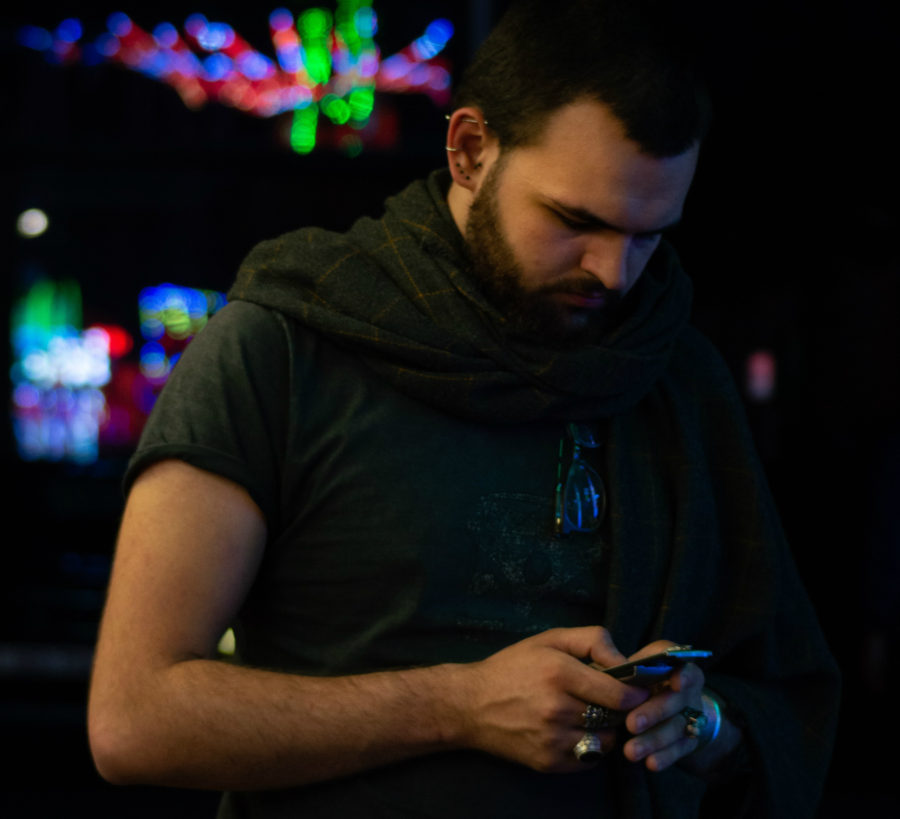I spoke at the Trust Advisors Forum conference in Pinehurst earlier this year on the topic of Millennials and investing, and one of the things I discussed was some of the emerging technology and apps in the world of personal finance. This included Robinhood, the trading app that targets millennials and lets them buy and sell stocks and cryptocurrencies all they want for free until they’ve day-traded away all of their money.
This has, unfortunately, turned investing into a smartphone game. According to the co-founder of Robinhood, users with positions check the app an average of 10 times per day. And that’s a bad thing. It means users aren’t evaluating their investment decisions over years or decades, as they should, but rather over the time it takes between trips to the bathroom. This narrow-framing can cause investors to lose sight of their long-term goals and trade way too frequently. And as Gene Fama once said, “Your money is like soap. The more you handle it, the less you’ll have.” As a generation, they want immediate feedback, but as investors they should be coached to reduce the frequency in which they check on their investments and enjoy the emotional benefits of ignoring day-to-day market volatility.
Anyway, an alarming series of stories came out about a month ago regarding a “cheat-code” in Robinhood that offered users the potential for infinite leverage. It worked by allowing users to buy stocks with money borrowed on margin, write deep-in-the-money covered calls against the leveraged position, and then allowing them to borrow more money against the premiums. Rinse and repeat. A group of sociopaths on Reddit began engaging in this practice and posting their ludicrous amounts of leverage on the site, with each one trying to outdo the others. One devil-may-care trader claimed he turned a $3,000 deposit into a $1.7 million position. This is, of course, not good, and this user lost $180,000 according to an article on Business Insider, and many of the other foolhardy people attempting it also lost sums of money many multiples above what they could afford to lose. And make no mistake about it, you are still on the hook for any borrowed money still owed after your account is wiped out.
Robinhood says it has since closed the loophole and suspended accounts engaging in this behavior. It’s still not clear what will happen to those who lost tens or hundreds of thousands of dollars in this idiotic behavior, but according to a YouTube interview with one they were able to settle for an amount smaller than what was actually owed, but still much larger than what they had deposited. It’s possible the legal ramifications for the abusers could go beyond seizure of personal assets to pay off any debts, however, and into the realm of securities fraud. The whole fiasco should serve as a warning to investors about the risks of leverage, as well as a reminder that even in this modern world there is such a thing as personal responsibility.




